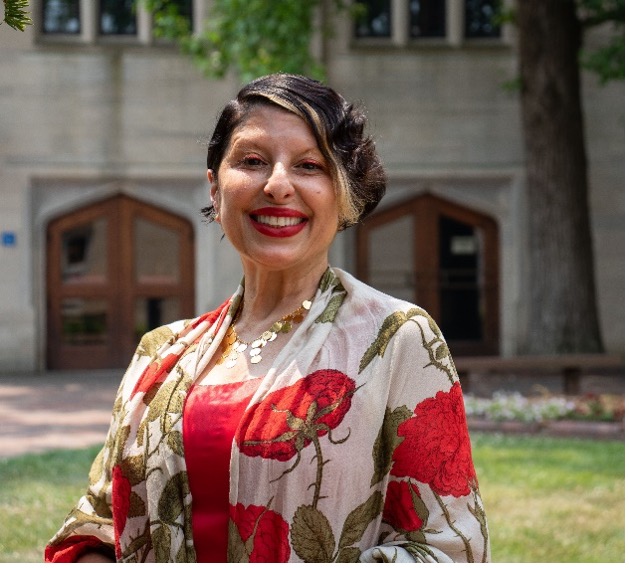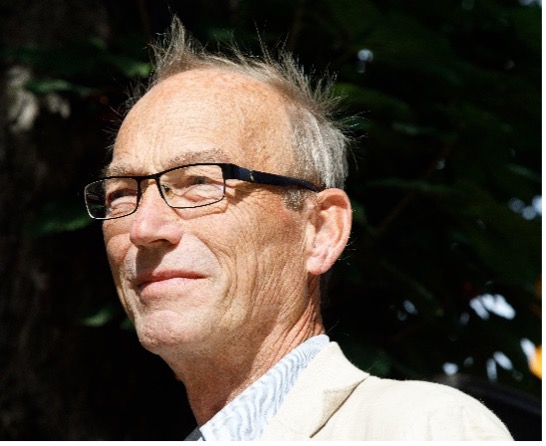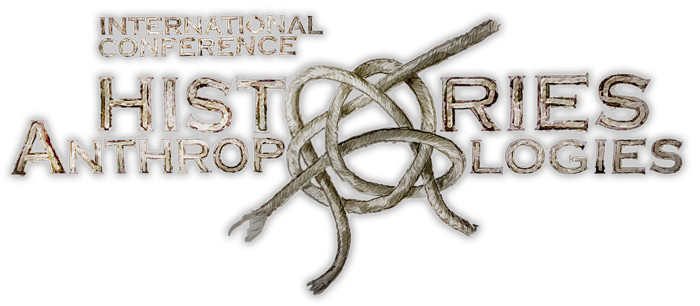Embedded and Engaged: Framing Ethnographic Futures in Inhabited Pasts — Solimar Otero (Indiana University, Bloomington)
Monday, 4 December 2023 (2:45-4:15 pm CET) [Watch here!]
Contemporary approaches to ethnography span a myriad of ideological and methodological frameworks that include questions of materiality, temporality, and relationality. Rooted in epistemologies from Afro-Caribbean religious and cultural work, as well as engagements in archives of ritual activities, this keynote lecture interrogates how anthropological collaborations with communities and objects of study are deeply engaged with inhabited pasts. In consultation with the works of Lydia Cabrera, Édouard Glissant, and practitioners and rites of Afro-Cuban religions, this exploration of ethnographic futures is resonant with the understanding of anthropology as a “discipline of contingency,” following Martin Holbraad (2019). By focusing on intensely non-universal understandings of relationality, we can begin to interact with collaborators, more-than-human actors, and archival remains as vital inflection points with which we can think with through activation. This presentation specifically looks at how creative and academic practices of ancestoring embody the materialization of memory through ethnographic performances like witnessing, writing, and dialogue. Song, poetry, ritual, and sacred objects provide unique repositories with which to consider the continuum between enactment, presence, and remains in the contexts of fieldwork and archival study. In instances where Afro-Caribbean rituals and anthropological discourses become intertwined and embedded within each other, acts of ancestoring capture the temporal and spatial dimensions of voice and space that transgress and transform epistemological viewpoints and directions.

Solimar Otero is Director of the Latino Studies Program, and Professor of Folklore and Gender Studies at Indiana University, Bloomington. She is the author of Archives of Conjure: Stories of the Dead in Afrolatinx Cultures (2020), 2021 Albert J. Raboteau Prize for the Best Book in Africana Religions. Otero is a Fellow of the American Folklore Society, and an Advisory Board Member of the Women’s Studies in Religion Program at the Harvard Divinity School. Her research centers on gender, sexuality, Afro-Caribbean spirituality, and Yoruba traditional religion in folklore, performance, literature, and ethnography.
The many languages in the history of European anthropology — Thomas Hylland Eriksen (University of Oslo)
Thursday, 7 December 2023 (2:30-4:15 pm CET) [Watch here!]
In at least one important sense, anthropology was a less provincial discipline when it was smaller and less institutionalized before the Second World War. At the time, a professional scholar in the field had to be in command of at least three major languages: English, French and German. By now, the requirement has shrunk to one. English is totally dominant in the field, which places most European anthropologists at a disadvantage when it comes to publishing, funding applications, professional communication and informal networking. These challenges tend to be ignored by native English-speakers, in accordance with the usual hierarchy pertaining to majority/minority relationships: Members of a minority have to learn two sets of codes, the majority just one. A great deal of significant anthropological work has been and is being published in languages other than English. Most of it never makes its way into official historiographies of the discipline. This lecture will highlight some major anthropological contributions written in smaller European languages and will indicate how they could have contributed to producing a different past for our discipline.

Thomas Hylland Eriksen is Professor of Social Anthropology at the University of Oslo. His textbooks in anthropology are widely used and translated, and his research has dealt with social and cultural dimensions of globalization, ranging from nationalism and identity politics to accelerated change and environmental crisis. He is currently writing a book about the effects of overheated globalization on biodiversity and cultural diversity.

